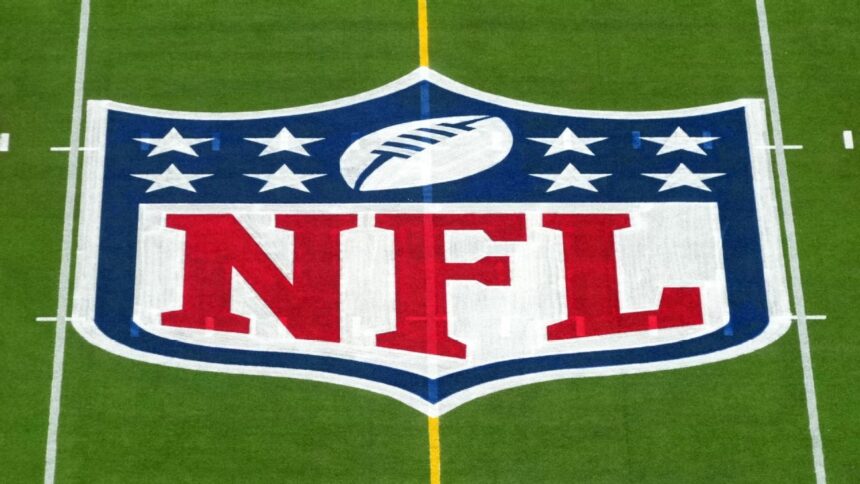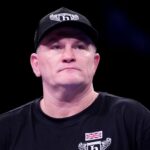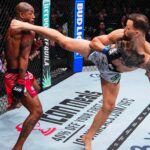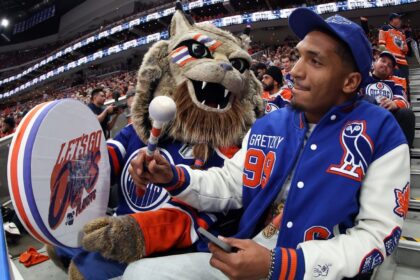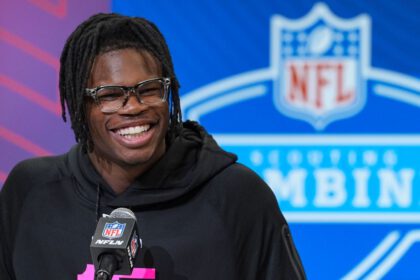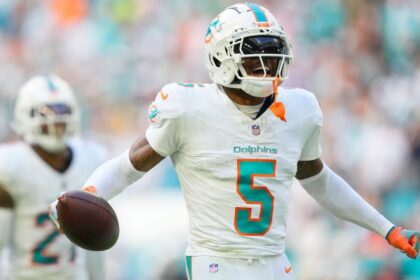Arbitration denies collusion in NFL guaranteed contracts
An arbitrator ruled in January that there was no collusion by NFL clubs, in response to a complaint filed by the NFL Players Association (NFLPA) in 2022. The complaint alleged that the league and its member clubs conspired to restrict or limit fully guaranteed player contracts, following Deshaun Watson’s record contract. The decision, which had not been made public, was published on Tuesday by the podcast “Pablo Torre Finds Out”. The NFLPA declined to comment, while the NFL did not respond to requests for comment. Although Christopher Droney did not award any compensation and dismissed the NFLPA’s lawsuit in its entirety, he determined that the NFLPA demonstrated, “by a clear preponderance of the evidence, that concerted action was contemplated and invited at the March 2022 owners’ meeting”. Droney cited clear evidence, including emails from the league’s management council and Commissioner Roger Goodell, as well as slides from a meeting with ownership, that satisfied one of the three elements for determining if collusion occurred.The NFLPA initiated system arbitration in October 2022, shortly after three quarterbacks, Lamar Jackson, Russell Wilson, and Kyler Murray, failed to successfully negotiate fully guaranteed contracts with their clubs, after the Cleveland Browns set a new precedent by fully guaranteeing Watson’s $230 million contract in March. The NFLPA alleged that the clubs and the league violated Article 17 of the CBA, the anti-collusion section, which prohibits clubs and their employees from entering into an “express or implied” agreement with the league or another club and its employees regarding the terms and conditions offered to a player in a contract. A week after the Browns announced Watson’s fully guaranteed contract, club owners and their representatives met for the league’s annual meeting, where, according to Droney’s decision, the league office’s management council presented to the owners for 20 minutes on a trend they had recently tracked. Clubs were guaranteeing more money in signing bonuses, and the league’s management council informed the owners of the potential consequences on the salary cap if they continued to do so. On March 20, 2022, a week before the meeting and two days after Watson’s contract became public, NFL Executive Vice President and General Counsel Jeff Pash emailed Goodell to inform him about the management council’s preparations for the presentation to ownership. Pash wrote, according to the decision, that in the last two years “the highest-level players” received “large guarantees”, but the management council would not have “a better idea of whether the large guarantees are extending more to the group of free agents” until the next level of players signed. He wrote that it was “something we will want to discuss both in the football operations sessions and with the owners”. Goodell responded via email: “Okay, but the tip of the market is the bulk of the dollars and if we wait to see how it falls, it will be too late to counteract. Okay with raising with great concern that this will erode a key aspect of our CBA that resisted guaranteed money, except as the clubs determined on their own.” Droney’s decision cites the management board’s presentation slides and the corresponding “conversation script,” which was used during the meeting to explain the slides.“There is little doubt that the NFL Management Council, with the commissioner’s approval, encouraged the 32 NFL clubs to reduce guarantees in veteran contracts at the March 2022 annual owners’ meeting,” Droney wrote.
Christopher Droney
The slides showed a bar graph illustrating, “[s]after the [2022] Super Bowl, “the average club has committed more than 86 million dollars in signing bonuses and salary guarantees (a 100% increase compared to 2020)”. And a “92% increase compared to 2020 in the number of players receiving signing bonuses and salary guarantees”.
The notes said: “Both create established salary cap charges that can hinder clubs’ ability to build squads exactly the way they want.” And they continued: “Ultimately, we believe that leads to less flexibility in building your templates. Proration and ongoing guarantees, which can turn into proration through conversions, will often breed more proration in future years as those changes accumulate on the salary cap. It’s a short-term solution that, if unchecked, can create long-term problems and cause a club to enter a cycle from which it is difficult to escape. … if guarantees continue to grow both in quantity and in the number of players, there is a risk that they will become the norm in contracts, regardless of the quality of the player. That not only has the potential to hinder squad management, but also sets a market standard that will be difficult to reverse. Of course, all clubs must make their own decisions. But continuing these trends can tie a club’s hands in the future.” Several NFL owners testified in an arbitration hearing held over 10 days in July and August 2024. According to the decision, some remembered parts of the management council’s presentation and others did not recall the details. The owner of the Arizona Cardinals, Michael Bidwill, who would soon enter into negotiations with Murray’s agent regarding the quarterback’s extension, said that “he did not remember the specific details of any of the actual words of the presentation.” Bidwill said he “assumed” he spoke with then-general manager Steve Keim about it after the meeting, because Keim was not at the owners’ session. “We were in conversations with Kyler [Murray] about extending his contract, you know, presumably before that 2022 season and this was going to be something we really needed to make sure we focused on.” The New York Giants owner, John Mara, said: “Just the idea of me calling Jerry Jones or someone and asking him not to guarantee Dak Prescott’s contract or someone else’s contract, I mean, he would laugh at me, among other words, I’m sure. The whole notion is ridiculous.” Erik Burkhardt, the agent for Cardinals quarterback Kyler Murray, said that after the Watson deal, a fully guaranteed contract was “very important” to him and Murray, and thought Murray was more deserving of one than Watson. According to the decision, Bidwill testified at the hearing that Keim “made sure Burkhardt understood that we were not going to do that.” In July 2022, Murray signed a five-year contract that was not fully guaranteed. According to the Droney decision of July 22, 2022, Los Angeles Chargers owner Dean Spanos texted Bidwill to congratulate him on Murray’s signing and let him know that the parameters of the contract (not fully guaranteed) would help Spanos’ upcoming negotiations with Chargers quarterback Justin Herbert. “I think a lot of teams will be happy with that once they get a chance to look it over. Cleveland really screwed things up, but I was determined to keep the guarantee relatively ‘low’,” Bidwill said in the text exchange. Jackson was also seeking a fully guaranteed contract from the Ravens. Baltimore offered two three-year fully guaranteed deals, but Jackson was looking for a longer deal, according to the decision. The Ravens ultimately used the franchise tag on Jackson and then signed him to a five-year contract that was not fully guaranteed. Wilson testified that he requested a fully guaranteed contract from the Denver Broncos. The five-year extension he received from the team was not fully guaranteed, however, and Droney wrote that it was clear the team did not intend to give it to him because they had leverage in the negotiations, as Wilson had two years left on his current contract when he reached his extension with the club. According to the decision, the NFLPA initiated arbitration in a letter on October 19, 2022. In the letter, the NFLPA alleged that a senior NFL executive asked an owner in August 2022 to “encourage other owners at a meeting that month not to agree to large, fully guaranteed contracts like Mr. Watson’s.” According to the decision, DeMaurice Smith, the executive director of the NFLPA at the time the union filed the complaint, was asked about that accusation in his statement and at the hearing. Smith testified that before the August 2022 owners’ meeting, New England Patriots owner Robert Kraft told him on a phone call that Goodell asked Kraft to speak about guaranteed contracts and say they were “a problem” at the upcoming meeting. Goodell testified in the arbitration and denied the accusation that he asked Kraft, or any other owner, to discuss the issue. Kraft also denied in his testimony that Goodell asked him to start a conversation with the owners, or that he told Smith about it.
